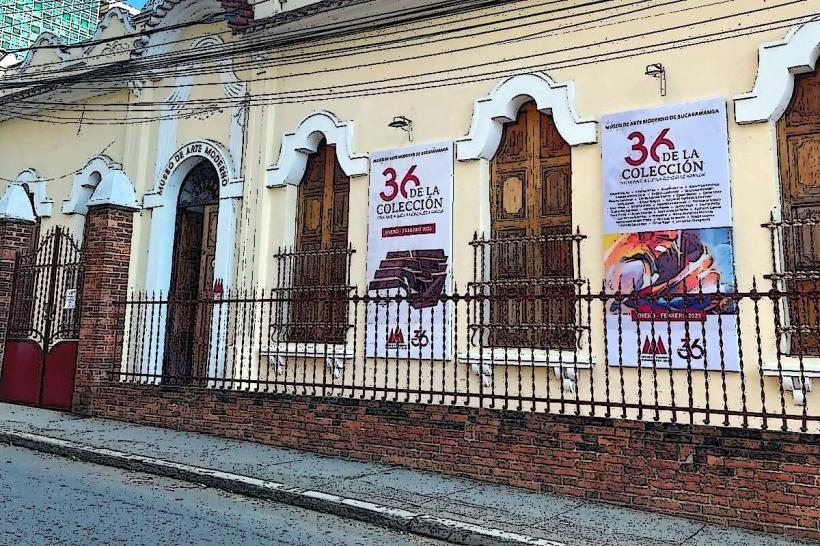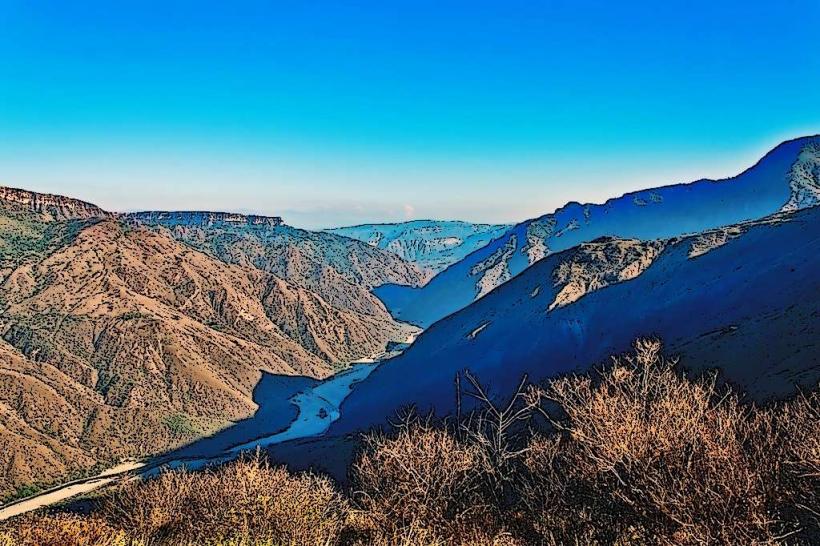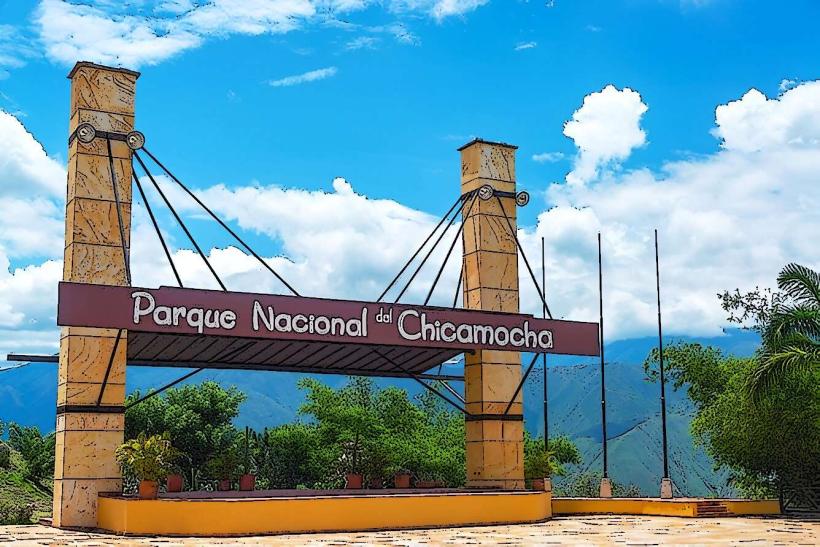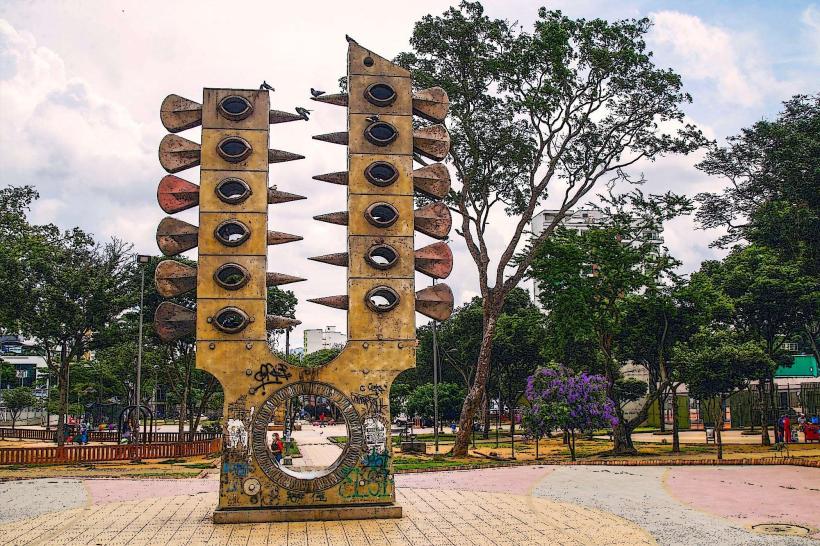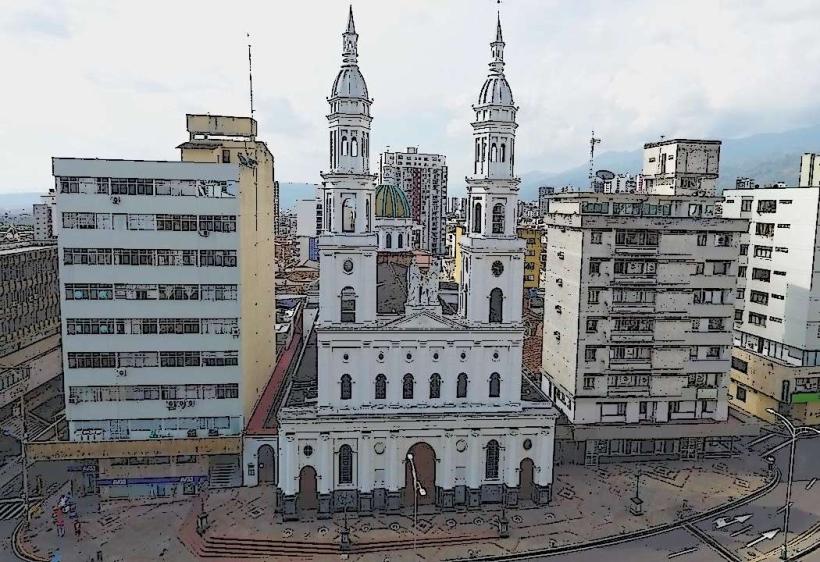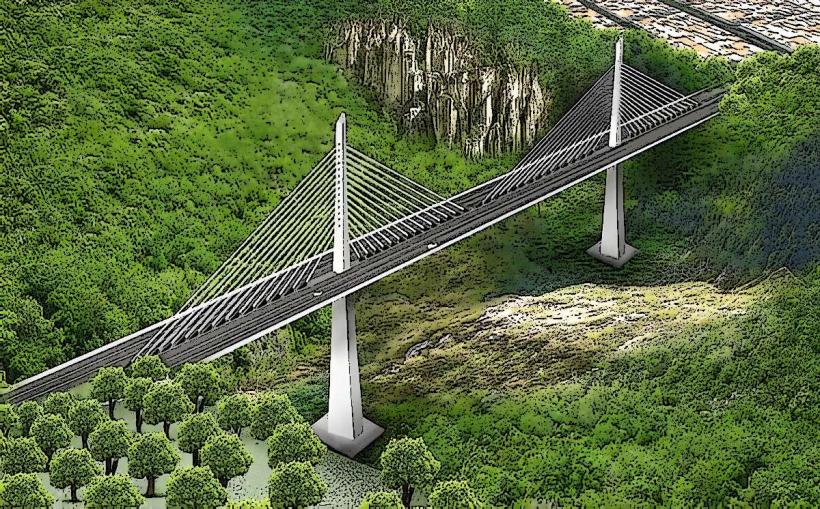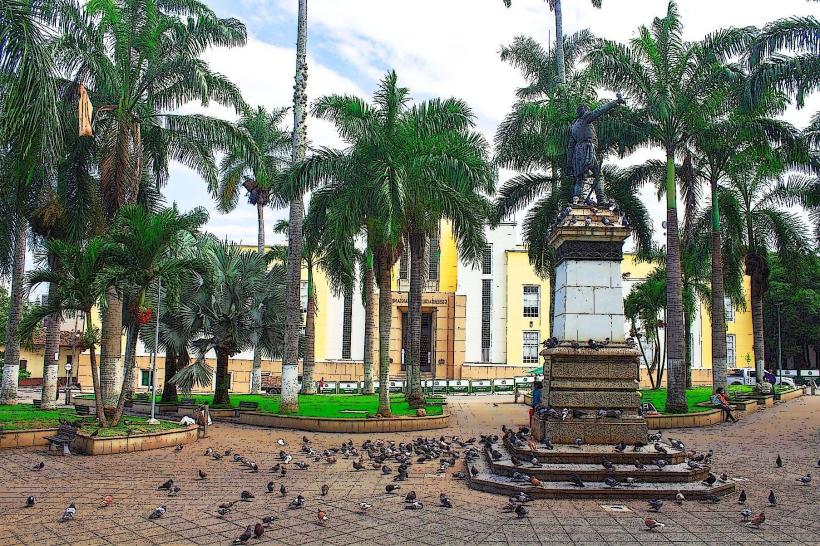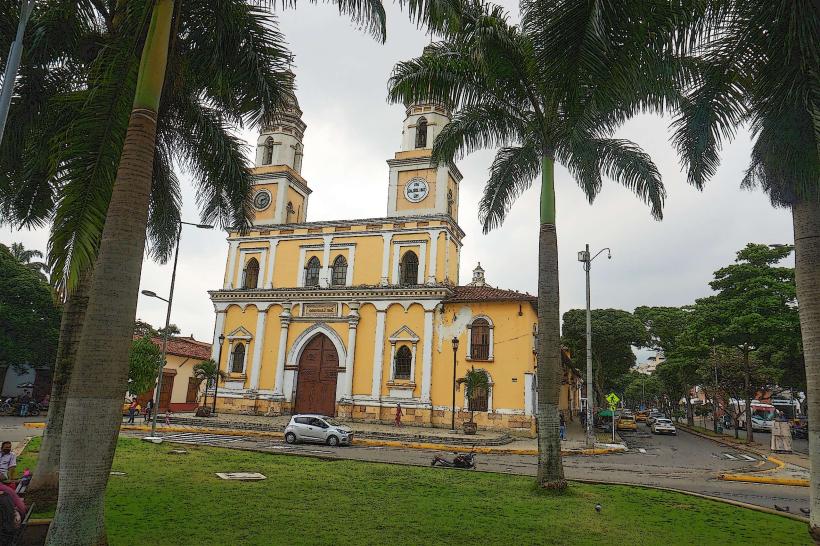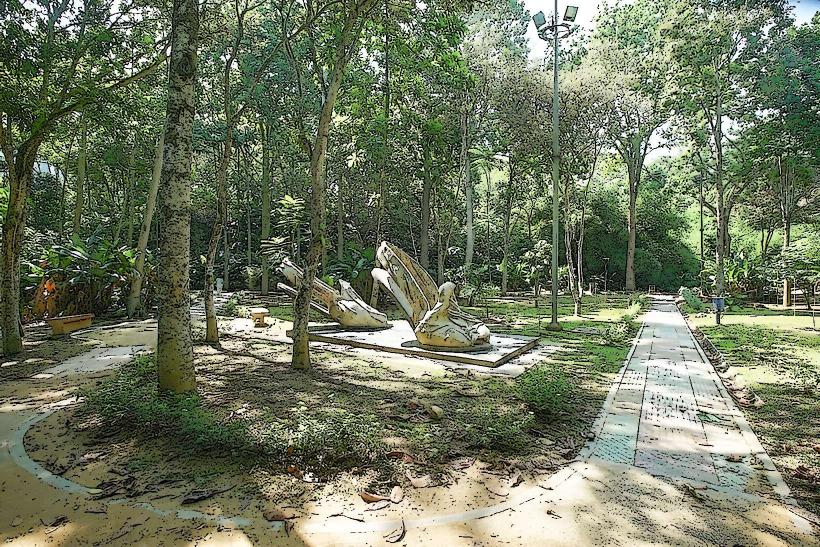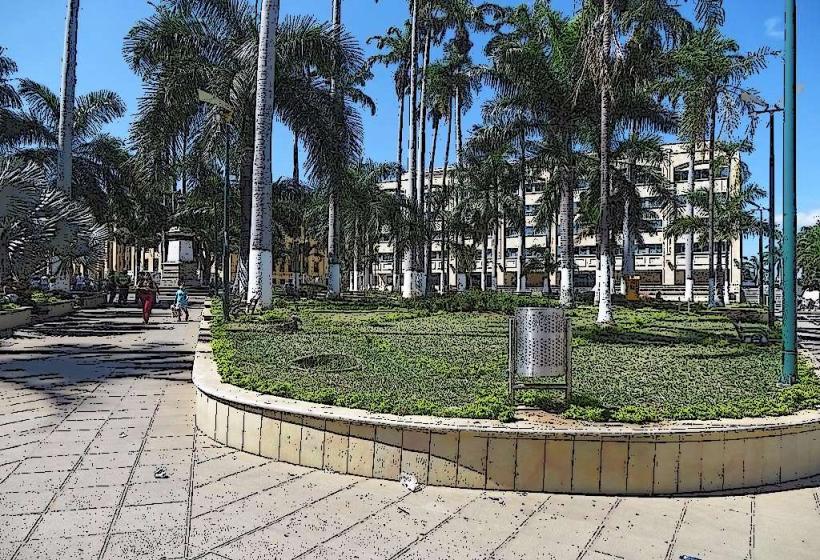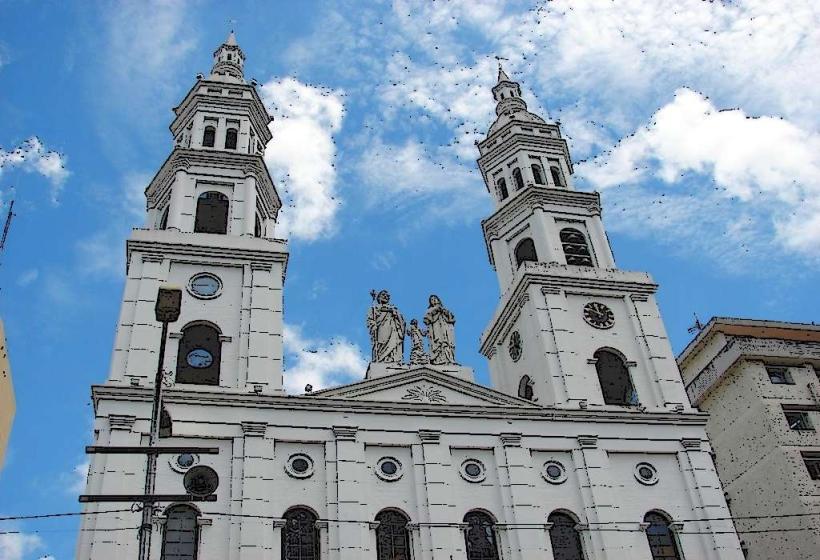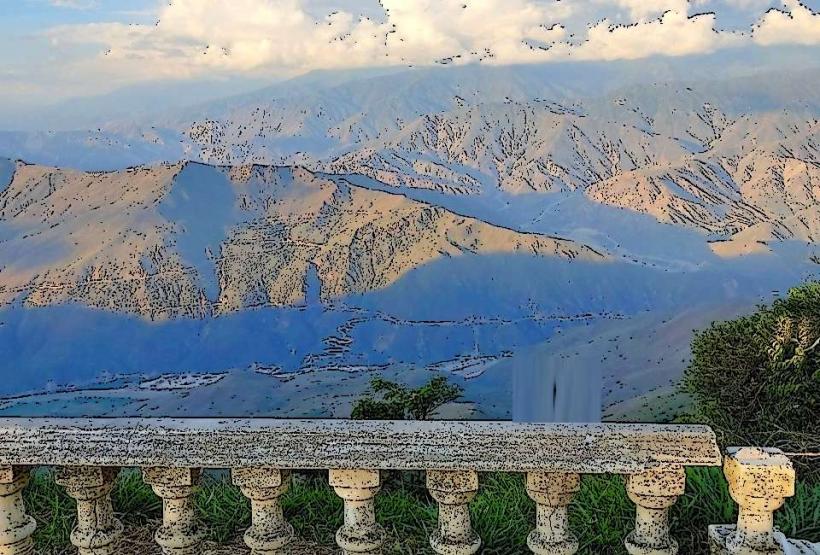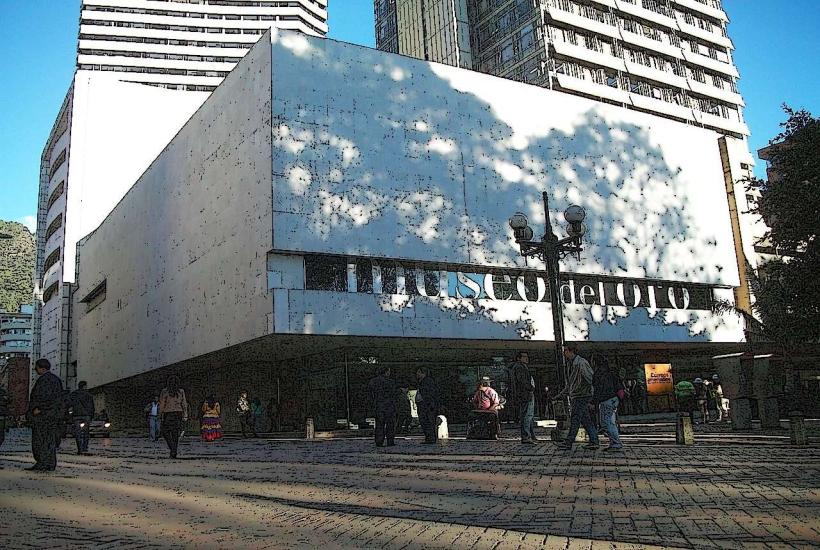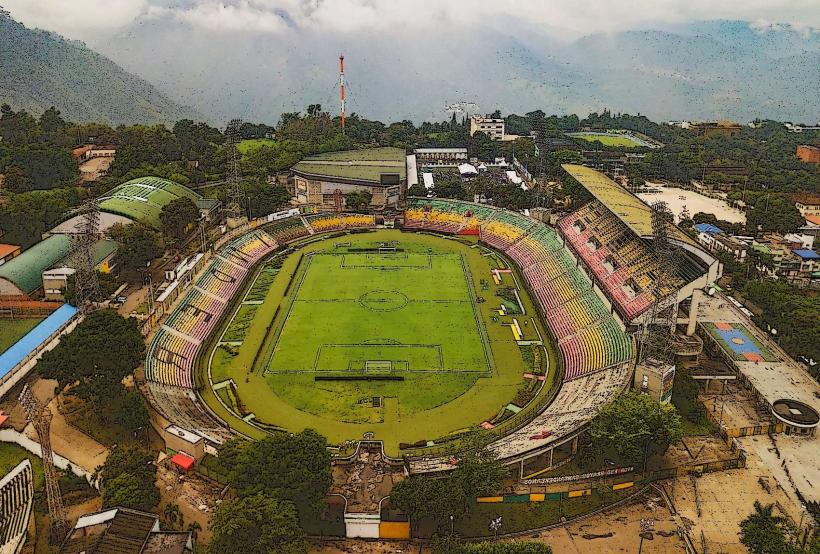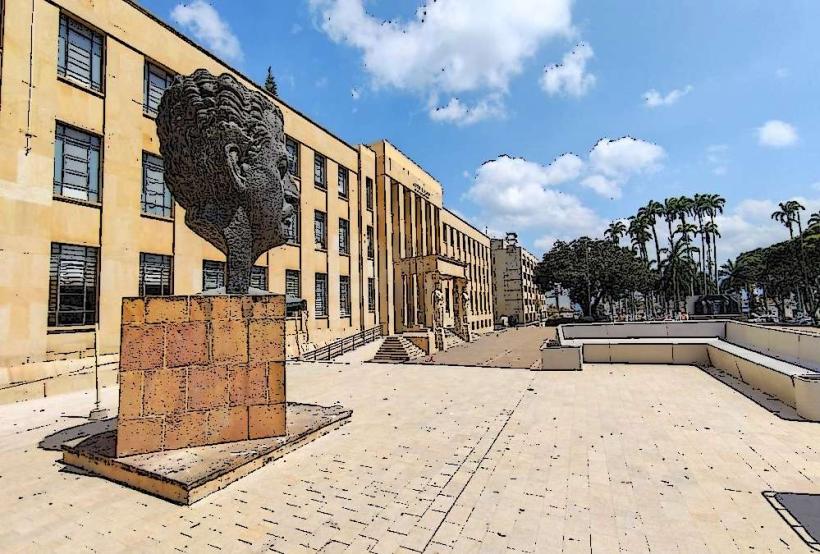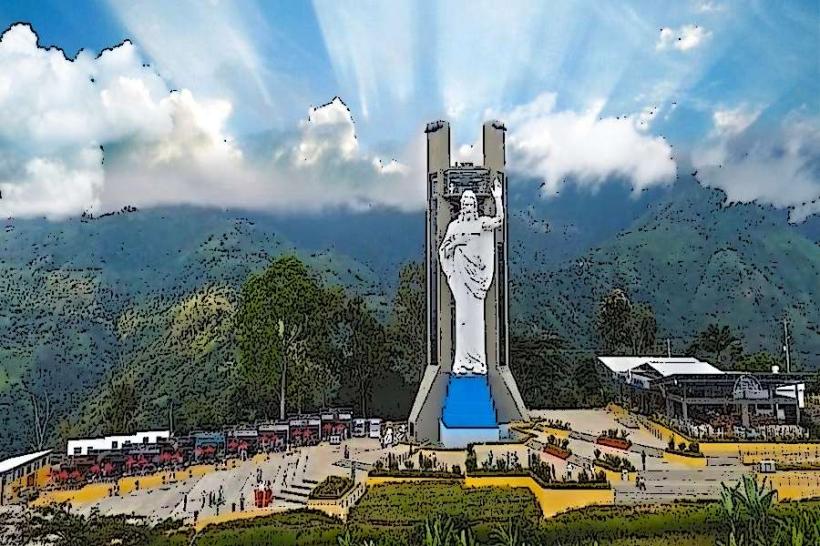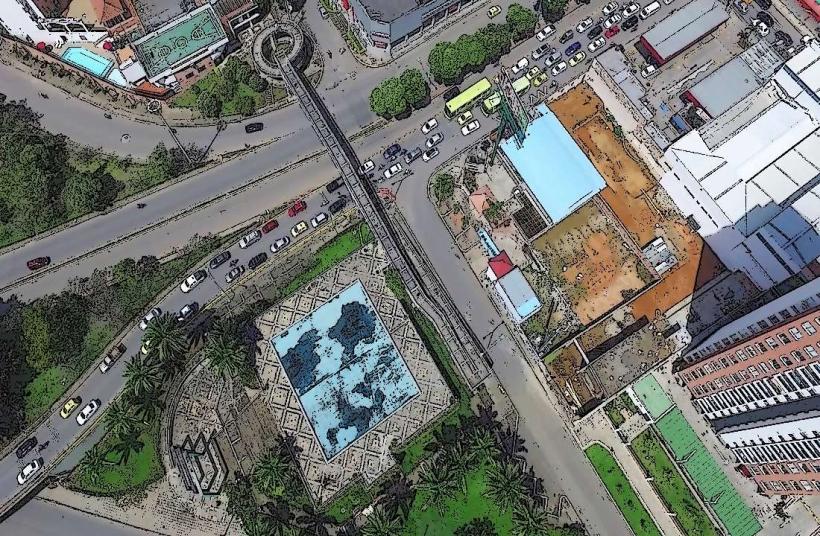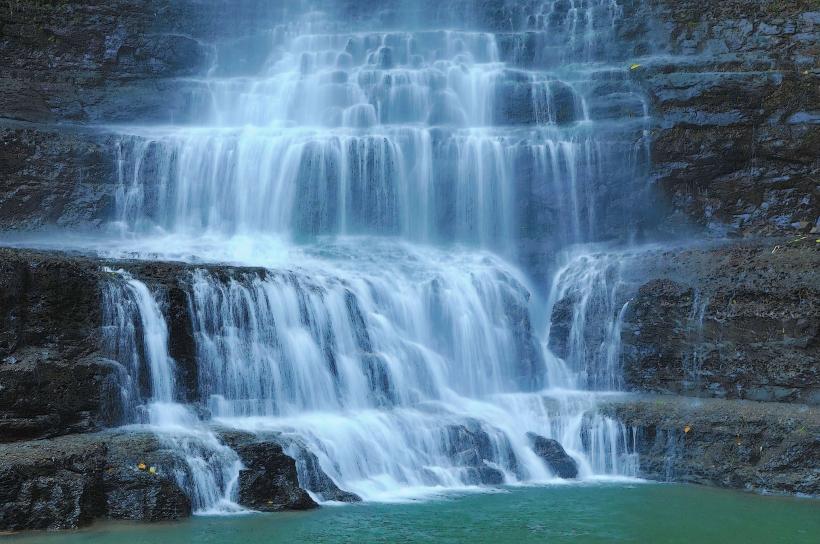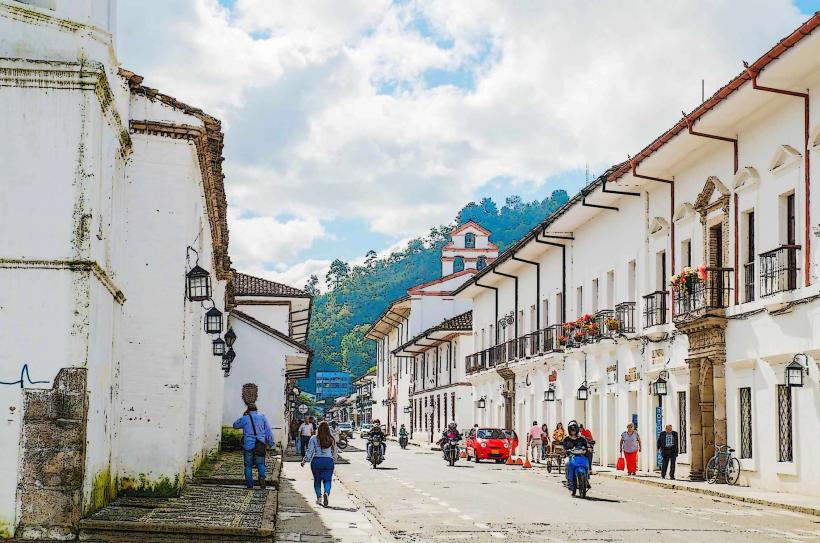Information
City: BucaramangaCountry: Colombia
Continent: South America
Bucaramanga, Colombia, South America
Overview
Bucaramanga is the capital of the Santander Department in northeastern Colombia. Known as the "City of Parks", Bucaramanga is famous for its pleasant climate, modern infrastructure, and surrounding natural beauty, including mountains and rivers. The city has grown to become a significant economic, cultural, and educational hub in the region.
1. Location and Geography
Bucaramanga is situated in the Andean region of Colombia, positioned at an altitude of approximately 959 meters (3,146 feet) above sea level. It is located near the Chicamocha Canyon, one of the country’s most famous natural wonders.
- Proximity: The city is about 400 km (250 miles) northeast of Bogotá and 200 km (124 miles) west of the Caribbean coast.
- Climate: Bucaramanga has a temperate climate with mild temperatures year-round, thanks to its elevation. The average temperature ranges from 18°C to 28°C (64°F to 82°F). Its climate is ideal for both locals and visitors, making it a pleasant place to explore year-round.
2. History
Bucaramanga was founded on the 22nd of December, 1622, by Jesuit priests under the name "Villarica de los Bucaramangas", and the city’s name is derived from the Bucaramanga indigenous people. Over the years, Bucaramanga has transformed from a small colonial settlement into a thriving urban center.
- Colonial Era: Bucaramanga was initially a modest town in the Spanish Empire, mainly serving as a trading post between the highlands and the Caribbean region.
- 19th Century: During Colombia’s fight for independence, Bucaramanga played a key role as a base for Patriot forces. The city later grew in importance in the 19th and 20th centuries, with an emphasis on trade and industry.
- Modern Bucaramanga: Today, Bucaramanga is a fast-growing city, home to a variety of industries, services, and a thriving business district.
3. Cultural Significance
Bucaramanga offers a rich cultural experience that blends Andean traditions with modern influences. The city is known for its festivals, arts, and gastronomy.
- Festivals: Bucaramanga hosts several annual festivals, including:
- Feria de Bucaramanga: Held in September, this festival celebrates the city’s cultural heritage with music, dancing, bullfights, and traditional events.
- Festival Internacional de la Canción de la Unidad: A music festival that brings together Latin American musicians, celebrating the region's diverse musical styles.
- Gastronomy: Bucaramanga is famous for its delicious Santanderean cuisine, which includes dishes like:
- Arepa Santandereana: A hearty, thick corn cake, often filled with meats or cheese.
- Hormiga Culona: A regional delicacy of fried ants, typically enjoyed with arepas.
- Cabro: A dish made from goat meat, usually slow-cooked and served with rice and vegetables.
4. Tourist Attractions
Bucaramanga and the surrounding Santander region are rich in natural beauty, offering many activities for outdoor enthusiasts.
Chicamocha National Park (Parque Nacional del Chicamocha): One of Colombia's most famous natural parks, Chicamocha Canyon is a stunning geological formation and one of the largest canyons in the world. The park has a cable car that offers breathtaking views of the canyon, along with hiking trails, a theme park, and cultural displays.
Parque del Agua (Water Park): This family-friendly park is located on the outskirts of Bucaramanga, offering water activities, recreational spaces, and beautiful gardens.
Parque de los Niños: A park designed for children, with playgrounds, mini-golf, and interactive exhibits. It is a popular spot for families.
Parque García Rovira: A central urban park located in the heart of Bucaramanga, perfect for relaxation and enjoying the local atmosphere.
Panachi (Parque Nacional del Chicamocha): The park also includes an amusement area, including zip lines, a large cable car system, and viewing platforms to take in the vast canyon scenery.
La Catedral de la Sagrada Familia: An important religious and historical site, this cathedral is located in the city center, offering impressive architecture and cultural significance.
5. Economy
Bucaramanga has one of the most dynamic economies in Colombia, driven by a combination of commerce, manufacturing, services, and tourism.
Industry: The city is known for its thriving textile, construction, and automotive industries. It also serves as a key commercial center for the Santander region.
Services: Bucaramanga is an important center for education, finance, and telecommunications in northeastern Colombia. Several universities, like Universidad Industrial de Santander (UIS) and Universidad Autónoma de Bucaramanga (UNAB), have contributed to the city’s reputation as a regional educational hub.
Tourism: Bucaramanga’s proximity to natural wonders, such as the Chicamocha Canyon and Cueva de los Aviones, as well as its charming parks and plazas, make tourism a significant contributor to the local economy.
6. Transportation
Bucaramanga is well-connected by road, air, and public transportation:
Palonegro International Airport: This airport, located just outside the city, serves both domestic and international flights, primarily connecting Bucaramanga with other major Colombian cities like Bogotá, Medellín, and Cali.
Bus Services: Bucaramanga has a well-developed bus system that connects the city to nearby towns and cities in the region. The Transport Terminal is the central hub for long-distance bus travel.
Public Transport: The city has a network of buses, taxis, and motorcycle taxis. The Metrolínea, a bus rapid transit (BRT) system, serves as an efficient public transport option.
7. Education
Bucaramanga is home to several prestigious universities and educational institutions, making it an important center for higher education in Colombia.
Universidad Industrial de Santander (UIS): One of the leading public universities in Colombia, UIS is renowned for its programs in engineering, science, and technology.
Universidad Autónoma de Bucaramanga (UNAB): A well-regarded private institution, UNAB offers a wide range of undergraduate and graduate programs.
8. Safety
Bucaramanga is considered one of the safer large cities in Colombia, with a relatively low crime rate compared to other urban centers. Like any city, it is advisable to exercise caution, especially in unfamiliar areas at night. The city's central zones, parks, and commercial areas are generally very safe for tourists and locals.
9. Conclusion
Bucaramanga is a dynamic and attractive city that combines modern infrastructure, natural beauty, and a rich cultural history. With its pleasant climate, vibrant atmosphere, and close proximity to Colombia’s beautiful Chicamocha Canyon and other natural landmarks, Bucaramanga is a wonderful destination for travelers seeking both urban and outdoor experiences. Whether you’re interested in exploring parks, enjoying local cuisine, or experiencing cultural events, Bucaramanga offers something for everyone.

